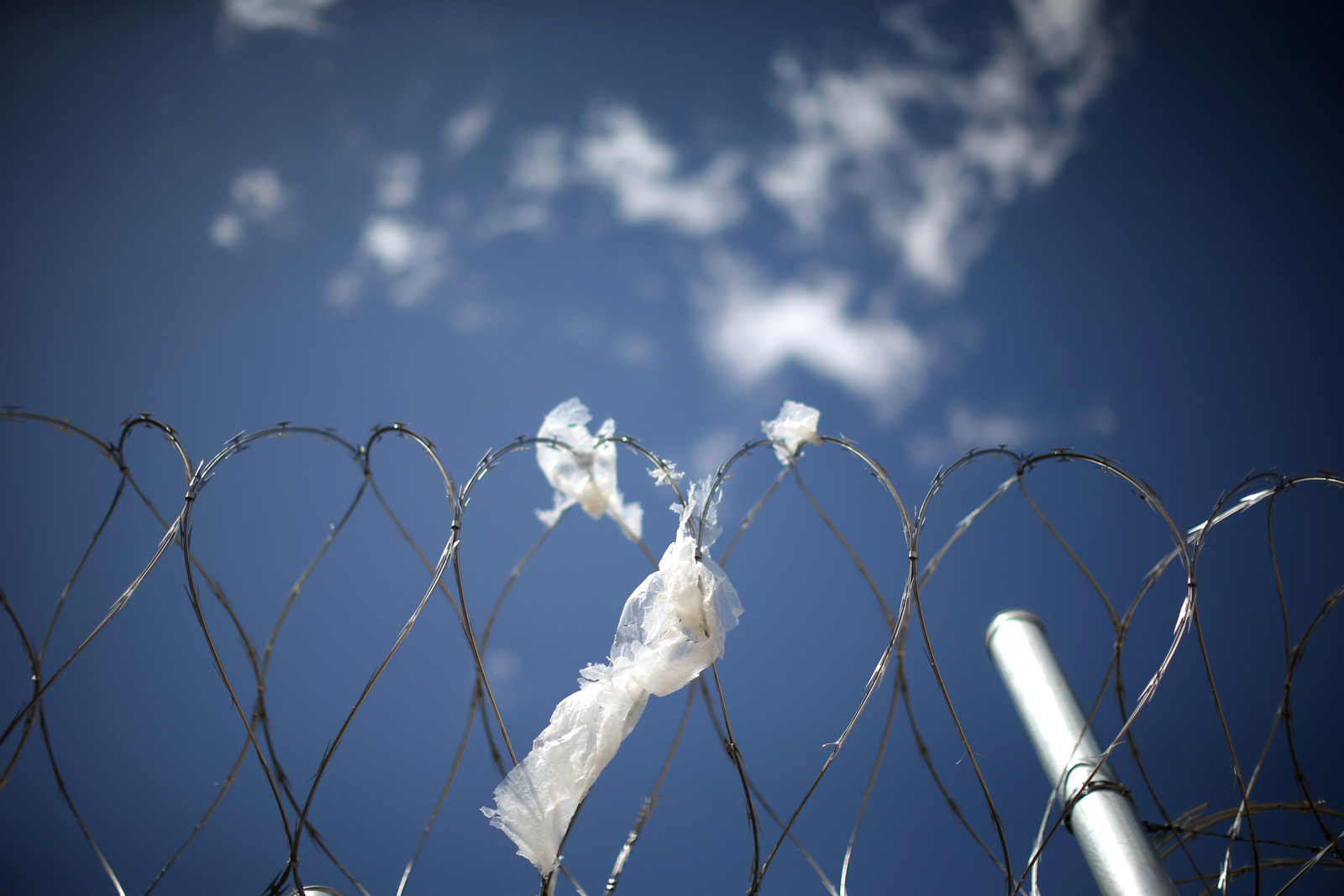http://www.latimes.com/local/lanow/la-me-ln-minor-immigrants-9th-circuit-20170705-story.html
Maura Dolan reports in the LA Times
“Minors who enter the U.S. without permission must be given a court hearing to determine whether they can be released, a federal appeals court panel decided unanimously Wednesday.
A three-judge panel of the U.S. 9th Circuit Court of Appeals said immigration authorities continue to be bound by a 1997 lawsuit settlement that guaranteed court hearings for minor immigrants, set standards for their detention and established a policy in favor of their release.
Following that settlement, Congress passed two laws dealing with unaccompanied minor immigrants. The federal government argued those laws replaced the settlement and revoked the right to bond hearings.
The 9th Circuit disagreed.
“In the absence of such hearings, these children are held in bureaucratic limbo, left to rely upon the [government’s] alleged benevolence and opaque decision making,” Judge Stephen Reinhardt, a Carter appointee, wrote for the court.
The settlement of Flores vs. Janet Reno required that juveniles detained near the border or elsewhere without a parent must be given bond hearings.
The hearings gave minors the right to a lawyer, an opportunity to learn and challenge government evidence against them and the right to contest being locked up, the panel said.
The 9th Circuit cited evidence that the government has been holding minors for months or even years without hearings, even when parents are nearby and can care for them.
Among them was a boy identified only as Hector, who was detained in California at the age of 15 for 480 days, mostly in a locked facility in Yolo County. The ruling did not say why Hector was picked up.
In a declaration, Hector described the Yolo County facility as a prison, where minors were locked in cells at night to sleep on cement benches with mattresses.
During 16 months there, Hector was not given a lawyer or an explanation about why he was being held even though his mother in Los Angeles was seeking his release, the 9th Circuit said.
Without any explanation, the federal government released Hector in December “into the custody of the person who had been advocating for his freedom all along — his mother,” Reinhardt wrote.
The court cited evidence that some juveniles have agreed to deportation rather than face continued incarceration without their families.
“Unaccompanied minors today face an impossible choice between what is, in effect, indefinite detention in prison, and agreeing to their own removal and possible persecution” in their native countries, Reinhardt wrote.
The ruling upheld a decision by Los Angeles-based U.S. Dist. Judge Dolly M. Gee, an Obama appointee.
The government may appeal the panel’s decision to a larger 9th Circuit panel or to the U.S. Supreme Court.
Lawyers in the case could not be reached for comment.”
Here’s a link to the 9th Circuit’s full 40-page opinion:
http://cdn.ca9.uscourts.gov/datastore/opinions/2017/07/05/17-55208.pdf
*************************************************
If you want to skip the legal gobbledygook (although the fact situations described are interesting and meaningful), the bottom lines are: 1) the last four Administrations have been to varying degrees tone-deaf to the needs of unaccompanied minors subject to immigration proceedings; 2) bond hearing before U.S. Immigration Judges play a critical role in protecting the rights of children and insuring due process.
PWS
07-05-17

